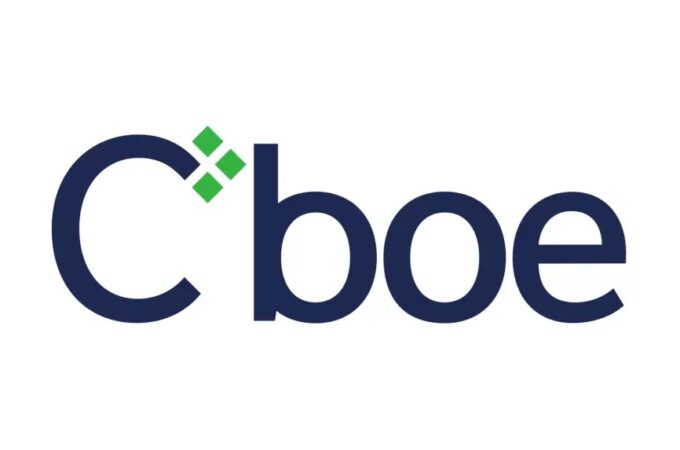
Consensys Urges IRS to Delay Crypto Reporting Regulations, Citing Industry Concerns
Blockchain development firm Consensys has formally requested the U.S. Internal Revenue Service (IRS) to postpone the implementation of proposed tax regulations that would require cryptocurrency brokers and exchanges to report certain digital asset transactions.
The proposed regulations, introduced in August 2023, aim to treat crypto brokers similarly to traditional brokers of stocks and bonds. Under these rules, entities defined as brokers would be required to file Form 1099-DA for specific crypto transactions. However, the draft form published by the IRS in April 2024 has sparked controversy within the industry due to its broad definition of what constitutes a “broker.”
Consensys, the developer behind the popular MetaMask wallet, raised several concerns in its letter to the IRS. The company argued that the regulations “do not sufficiently consider the burden on the would-be broker, which currently includes entities that do not traditionally have any reporting obligations.” This broad definition could potentially include software developers, wallet providers, and other entities that may not have access to the necessary transaction information.
One of the primary issues highlighted by Consensys is the lack of clear instructions for completing the draft Form 1099-DA. The company stated, “It is unclear how to report in several boxes of the Draft Form,” emphasizing the challenges faced by potential brokers in complying with the new requirements. This ambiguity could lead to inconsistent reporting and potential compliance issues across the industry.
Moreover, Consensys warned that classifying blockchain developers as brokers and requiring them to manually complete the 1099-DA form could “single-handedly destroy U.S. companies that publish blockchain user interfaces like self-custody wallets.” This stark assessment underscores the potential unintended consequences of the proposed regulations on innovation and competitiveness in the U.S. cryptocurrency industry.
The company also raised concerns about data privacy issues within the crypto industry and the limited time frame for compliance before the upcoming tax filing deadline. These factors compound the challenges faced by crypto businesses in adapting to the new regulatory landscape.
The request for delay comes against the backdrop of broader regulatory challenges facing the cryptocurrency industry. While there have been no high-profile legal cases between crypto exchanges and the IRS over tax evasion to date, the proposed regulations signal an increased focus on ensuring proper reporting of taxable crypto activities.
It’s worth noting that Consensys itself has been navigating complex regulatory waters beyond tax reporting. The company recently faced an SEC investigation regarding the security status of Ethereum, which was subsequently dropped. This ongoing regulatory uncertainty underscores the need for clear and consistent guidelines across various aspects of cryptocurrency regulation.





